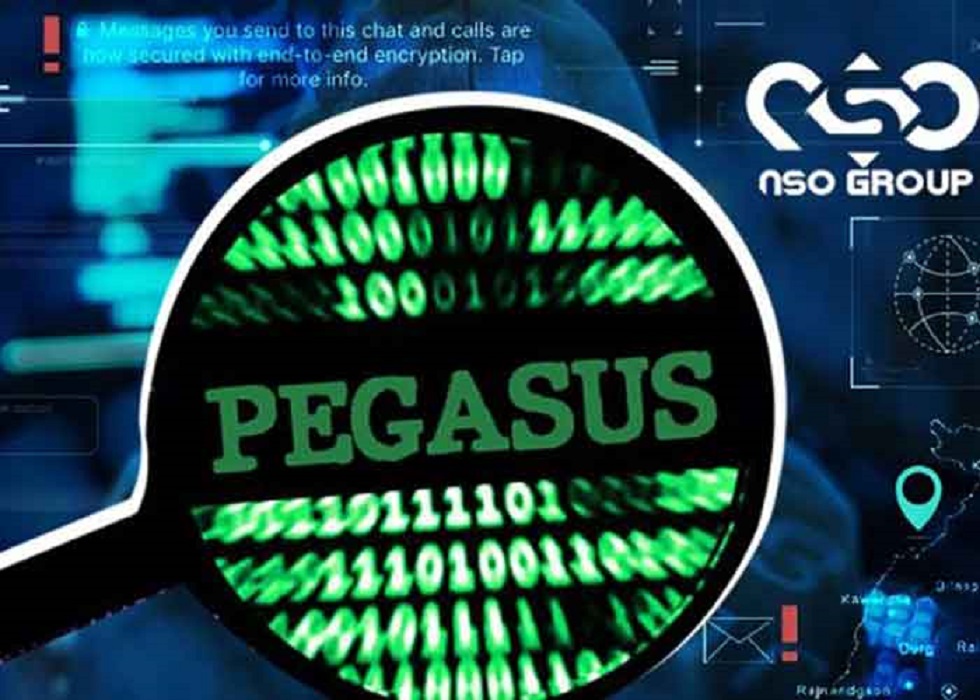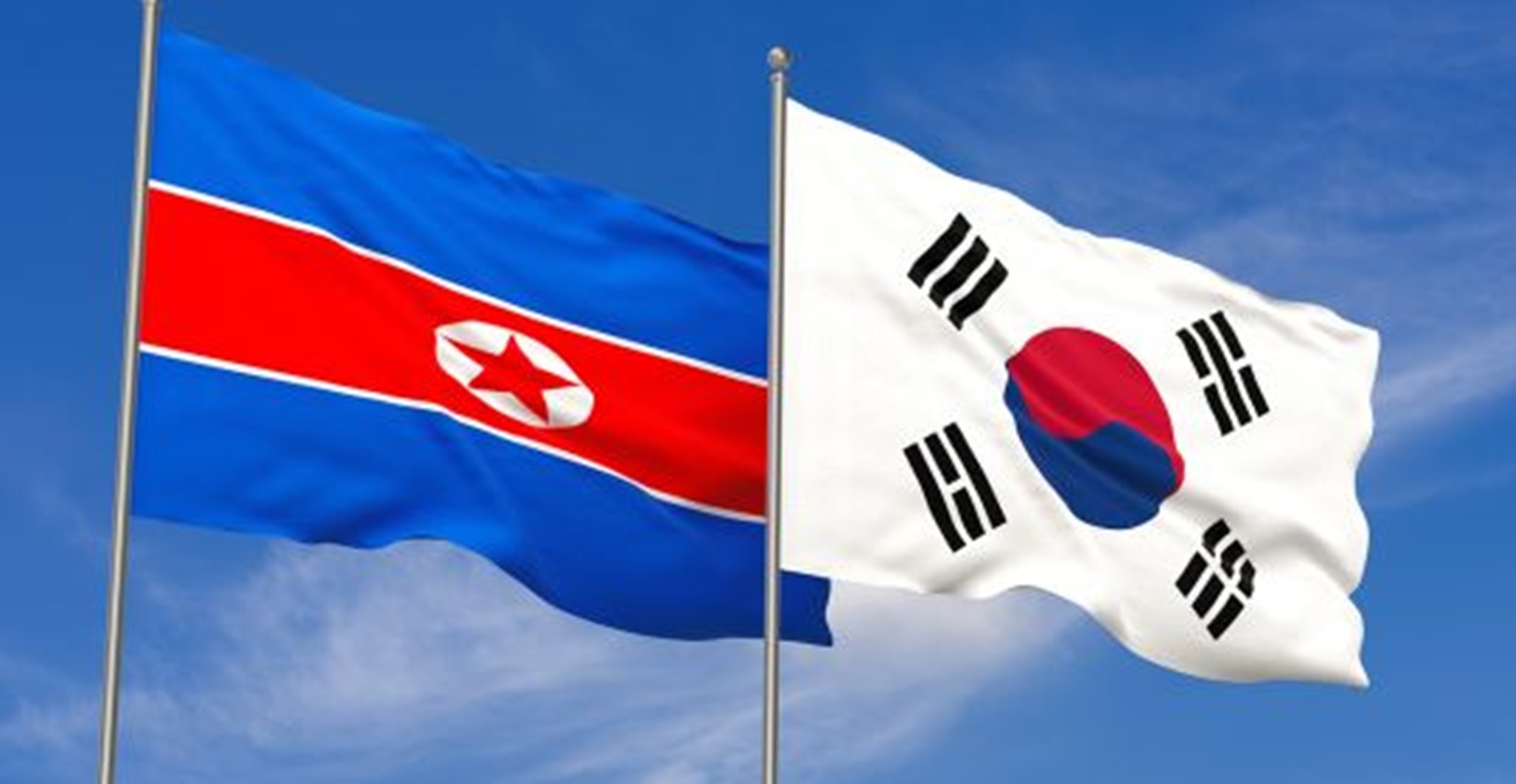Snoopgate agitation in parliament has interrupted sessions like never before
Recent Pegasus snoop gate hullabaloo again exposes that no government is evil or holy regarding snooping. Snooping was there, is there and will be there to stay as a weapon in the hands of government/s, whether there’s democracy or autocracy, as because there’s no best alternative in the hands of authority for the collection of data in the national interest, and above all, for national security, originating internally and externally, despite the fear of misuses of the same which was there, is there and will be there. For the greater cause of national security and interest, the misuse of snooping may guardedly be tolerated.
Was the grand old party’s PM Dr Manmohan Singh not aware of a violation of citizens’ fundamental right for privacy when his government conducted phone tapping of industrialists during his tenure and he strongly advocated in 2010 for the continuation of the same in the wake of the disclosure of taped conversations which was tweeted by India Today “Phone tapping in national interest: PM: Manmohan Singh says such powers are needed in the world that we live in”? Then why are Congress Party leaders along with other opposition leaders aren’t allowing Parliament to function for long three weeks when the nation deserves its representatives to discuss dreaded pandemic management, external aggression among other issues which refuse to be tame despite the yearlong efforts of the government? Is it that the grand old party has got the privilege to remain holy for whatever its leaders did, and all others are evils?
This author writes here “misuse of snooping may guardedly be tolerated”, while former PM said in the record, “Phone tapping is needed in the world that we live in”. After Dr Singh’s advocacy, Industry honchos Rahul Bajaj said, “I do believe as PM said that in today’s world some of these things are unfortunately necessary…”, and Godrej Group Chairman Adi Godrej said, “It should be done only in cases involving national security or to combat terrorism.” Means national interests, which are sometimes interpreted to meet the ruling party and its leader’s interests, were paramount in Nehru-Gandhi rules, are paramount in Modi-Shah rules and will remain paramount in others’ rules.
During the infamous Emergency, Indira Gandhi ordered phone tapping of everybody, who was in her arc of suspense. In 1981, she ordered the opening of all letters addressed to L. K. Advani. Even Rashtrapati Bhawan wasn’t free from snooping. Former President Zail Singh used to talk to visiting journalists in Mughal Garden as he was afraid of the palace wall, furniture, etc. for inbuilt tapping gadgets. Rajiv Gandhi got phone tapping of lakh during Bofors. Even he went ahead pulling down his party-supported Chandra Sekhar Government in 1991 alleging the latter’s government engaged Haryana CID to snoop on him. Were the above-listed snooping done in the national interest or the ruler’s interest? Whatever that may be snooping had taken place. But when despite snooping allegations, Indira and Rajiv governments didn’t fall; Ramakrishna Hegde government in Karnataka and Chandra Sekhar government in the national capital were dismissed in 1988 and 1991 respectively. And Dr Manmohan Singh’s government justified the same when his government was found tapping businessmen’s conversations. And businessmen didn’t reject the government’s right to snoop with a humble appeal to not disclose the tapped contents.
In the 1970s, Indian journalists and Left and Congress politicians were on the payroll of the KGB. What for they were paid? Were these acts of editors and politicians however-holy-their-professions-may-be not treasons? What’s the guarantee that the same isn’t happening now in India when the US Justice Department investigation reveals that many leading newspapers in the US paid by Chinese agencies have links with their government? Soon after the 2020 Chinese intrusion, some leading journalists and researchers in Think Tanks advocated India shouldn’t bother for barren land in Himalaya, while some scolded military leadership for Chinese aggression. Should these people not be snooped for national interests?
During the 1962 Chinese aggression, Congress leader Mani Shankar Aiyer allegedly collected donations for invaders at Cambridge University, he was studying then. In 2015, he and former Foreign Affairs Minister Salman Khurshid went to Pakistan and asked for help to remove India’s PM. Was any opposition leader ever done the same to remove Congress leaders from power during 1947-77, 1980-89, 1991-96, and 2004-14 periods? What kind of help Aiyer-Khurshid were looking for from India’s arch-rival? Was this not with an intention to destabilize India? During the 2017 month-long Doklam face-off with PLA, Rahul Gandhi met the Chinese Ambassador secretly. He went ahead signing an MoU, content not disclosed so far, with the Chinese Communist Party in 2008 –revealed only in 2020- in the presence of present Chinese Paramount Leader Xi Jinping. Should these kinds of politicians’ phones not be tapped and snooped for national interests as advocated by Dr Singh and eminent Bombay Club members?
These are the questions that need to be addressed before deciding the fate of snooping, phone tapping, and citizens’ fundamental right to privacy. Notwithstanding, this author agrees with eminent and respected industrialists such as Adi Godrej and Rahul Bajaj, and former PM Dr Manmohan Singh over the issues of snooping and phone tapping, and at the same time, not in favour of prolonged logjam of Parliament by opposition leaders who’re proved time and again not that holy as they portray now.
Disclaimer: The views and opinions expressed by the author do not necessarily reflect the views of the Government of India and Defence Research and Studies
Title image courtesy: https://yespunjab.com/pegasus-snoopgate-raises-troubling-questions-about-use-of-the-spyware-in-india/





